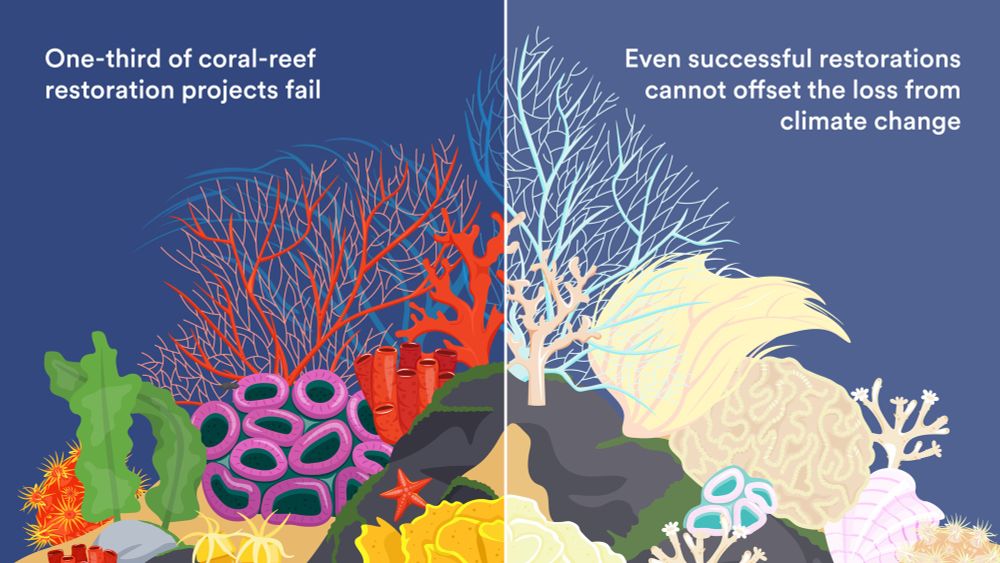
Coral reef ecologist
barcolab.org




Reposted by Lorenzo Álvarez‐Filip
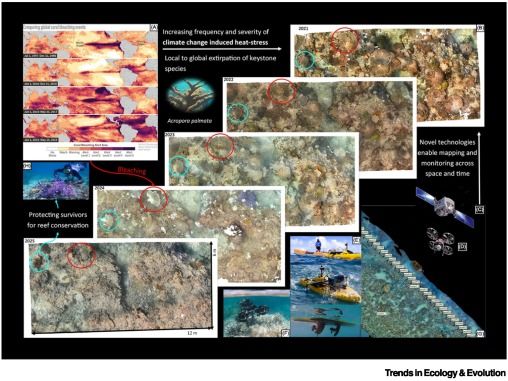
Reposted by Mónica Medina

Reposted by Lorenzo Álvarez‐Filip

Reposted by Lorenzo Álvarez‐Filip

go.nature.com/3VjkuWL
Reposted by Graeme S. Cumming, Gareth J. Williams, Lorenzo Álvarez‐Filip

Reposted by Lorenzo Álvarez‐Filip

Reposted by Lorenzo Álvarez‐Filip

buff.ly/nNuQFG7
Reposted by Lorenzo Álvarez‐Filip
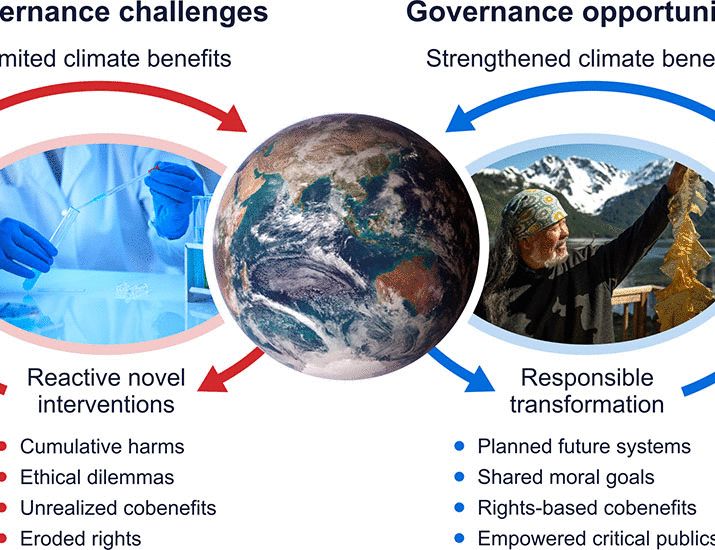
Published today in Science:
“The pace of new interventions is outstripping the capacity to prevent unintended consequences - because governance systems are not yet in place.”
Stop the cowboys before they do even more damage!
Reposted by Lorenzo Álvarez‐Filip
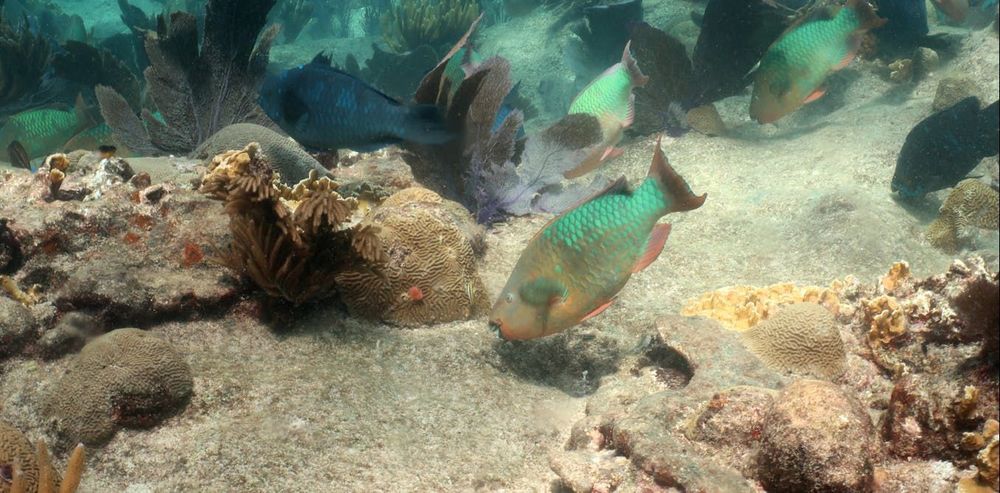
Reposted by Lorenzo Álvarez‐Filip

The findings provide insights into the region-specific drivers of these events, linking them to broader changes in the planet’s climate system. scim.ag/4lOzfwm
Reposted by Lorenzo Álvarez‐Filip
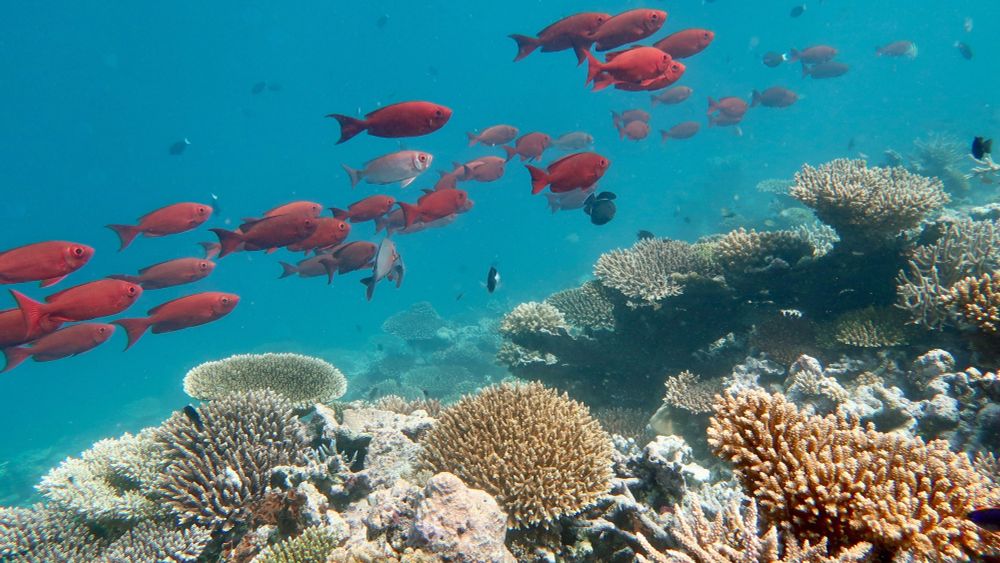
cns.utexas.edu/news/researc...
Reposted by Lorenzo Álvarez‐Filip, Halley E. Froehlich
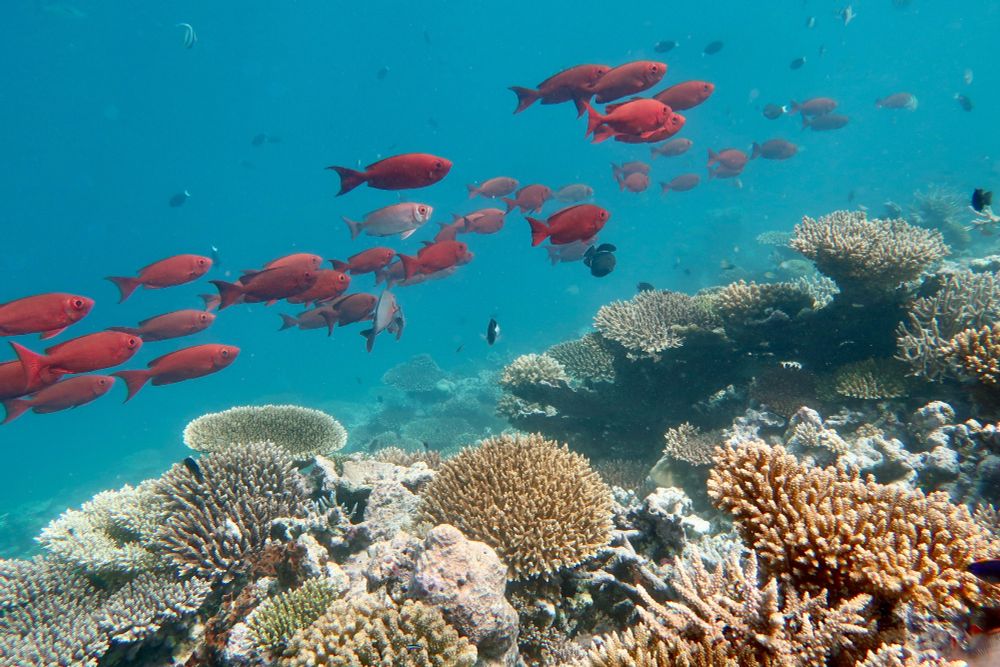
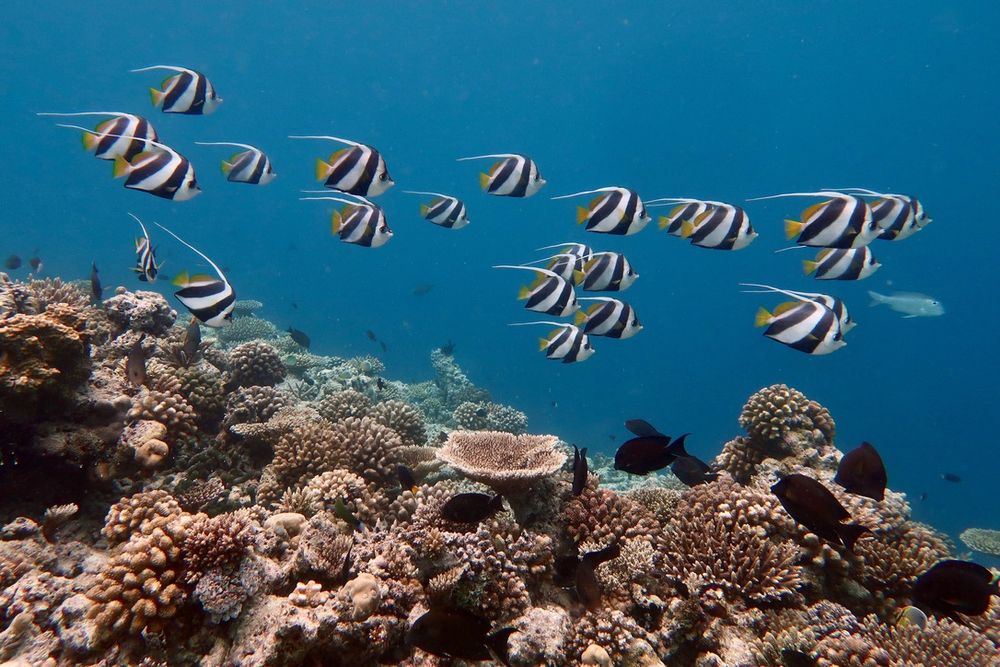
Turns out that 2/3 of these assertions are very wrong...
🌐
🦑🧪
🧵⬇️
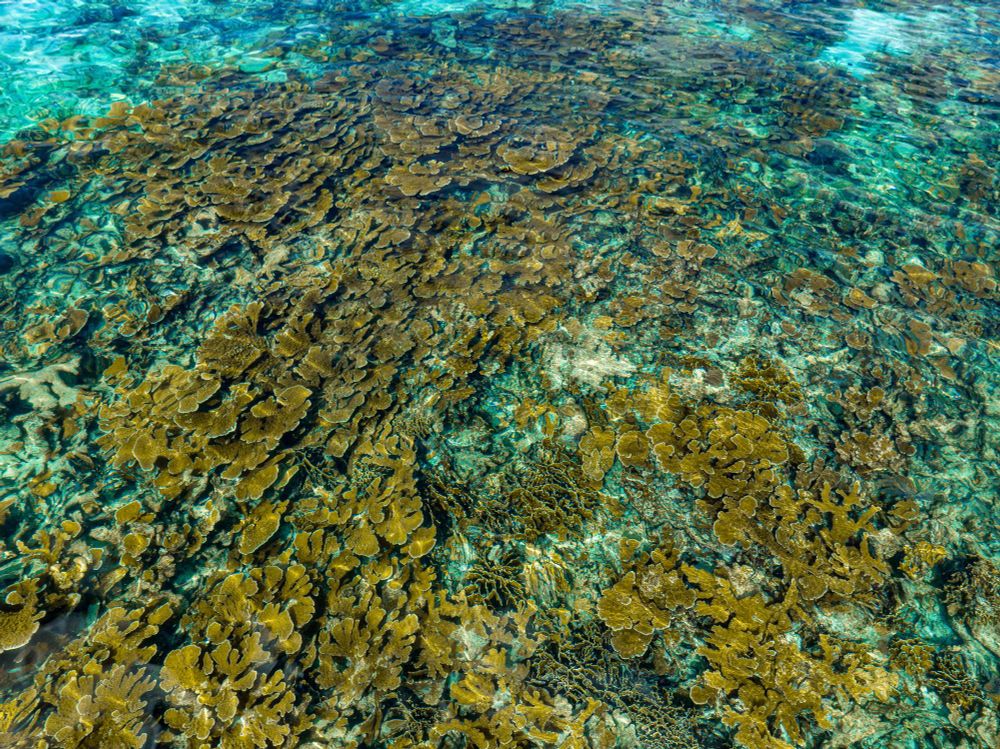
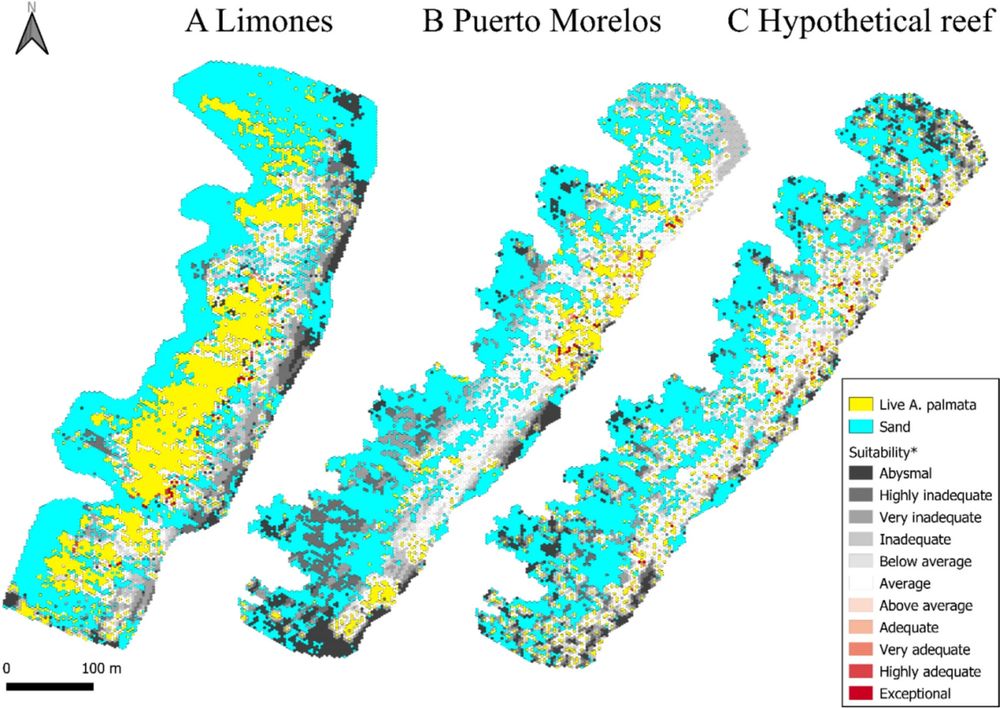
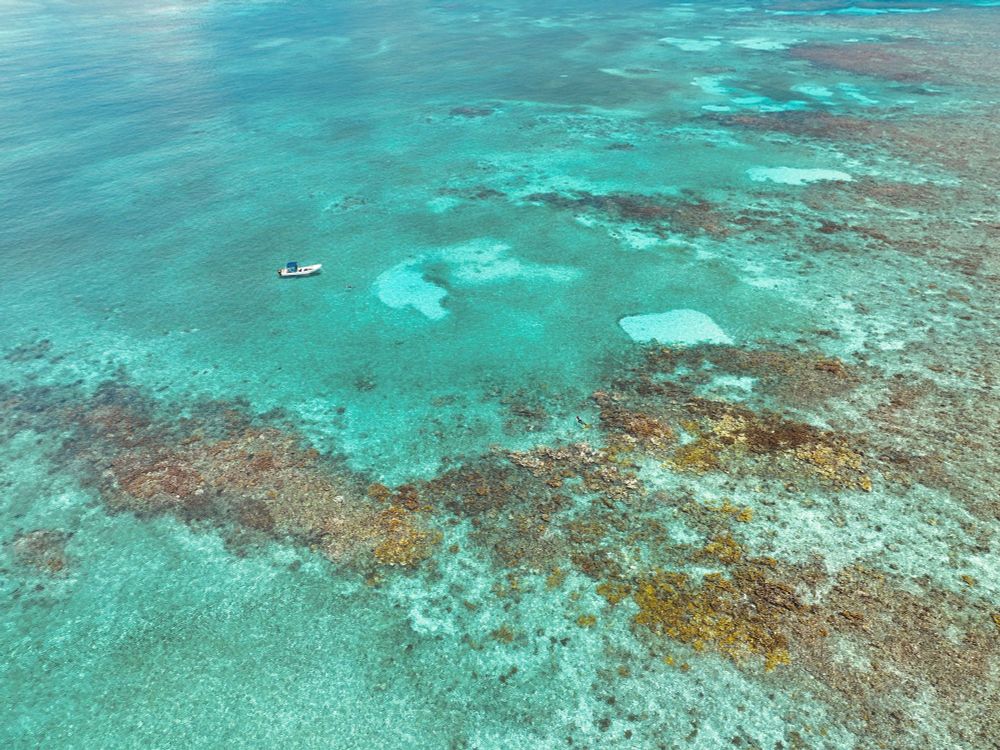

Reposted by Lorenzo Álvarez‐Filip

www.bbc.com/news/article...
Reposted by Lorenzo Álvarez‐Filip
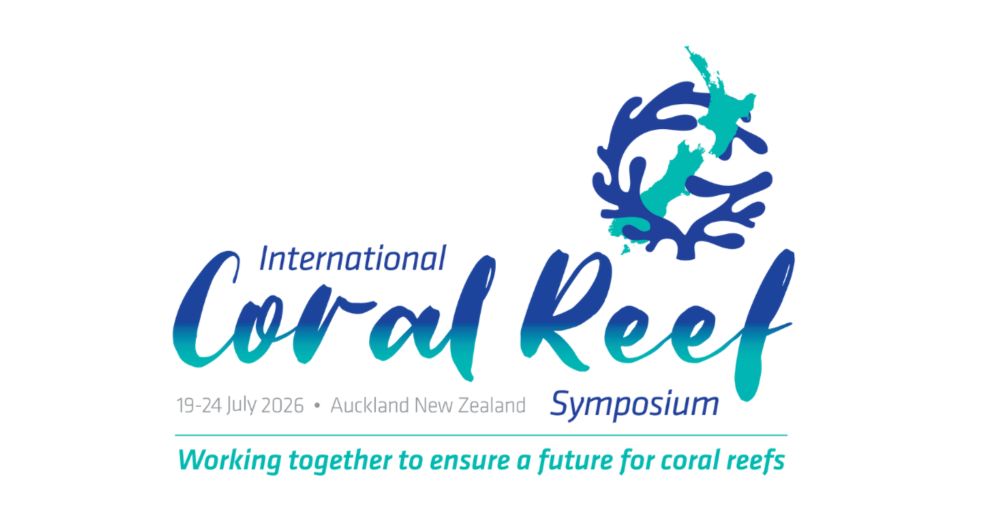
16th International Coral Reef Symposium, 19–24th July 2026, Auckland, Aotearoa New Zealand.
Session proposal deadline: Sunday 15th June 2025.
Details and submission link at www.icrs2026.nz/call-for-ses...
Reposted by Lorenzo Álvarez‐Filip
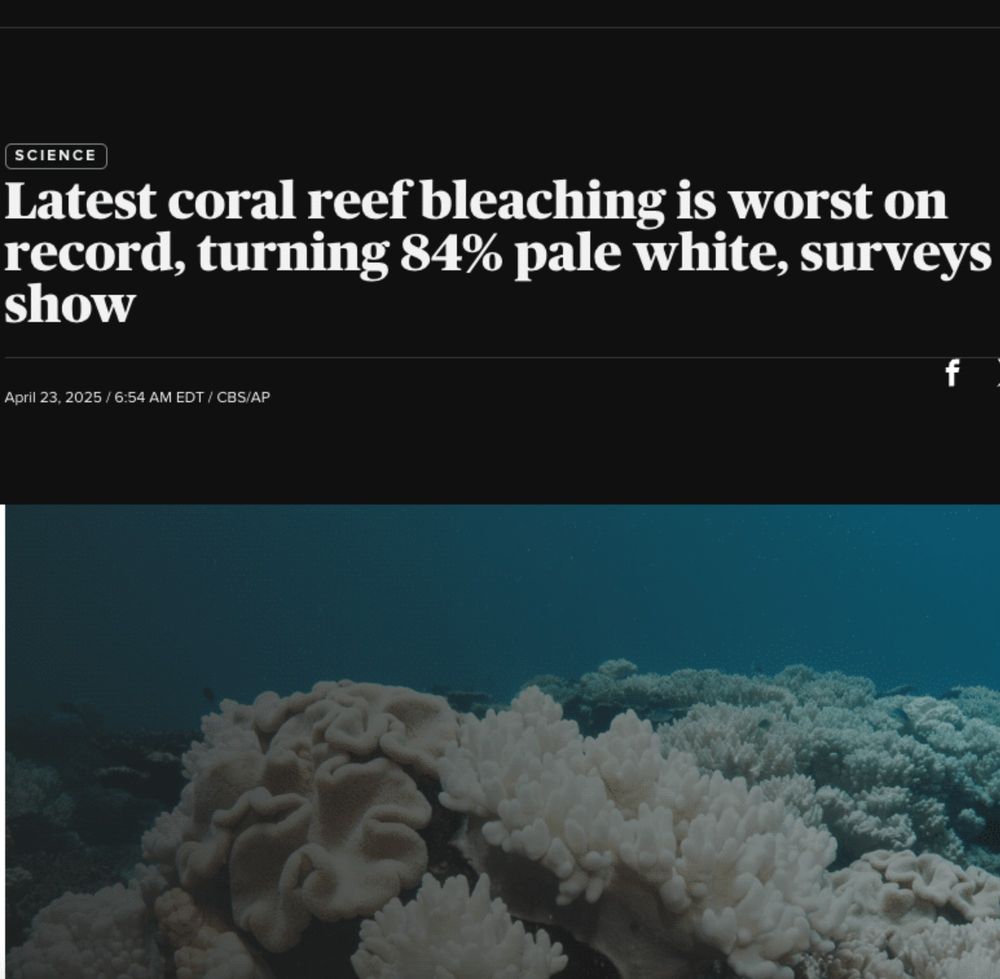
science.feedback.org/review/84-of...
We need more contextualizing of clickbait stories.
Often, as in this case, there is an important, albeit nuanced, story not easily summarized in a catchy headline.
@sciencefeedback.bsky.social
Reposted by Lorenzo Álvarez‐Filip
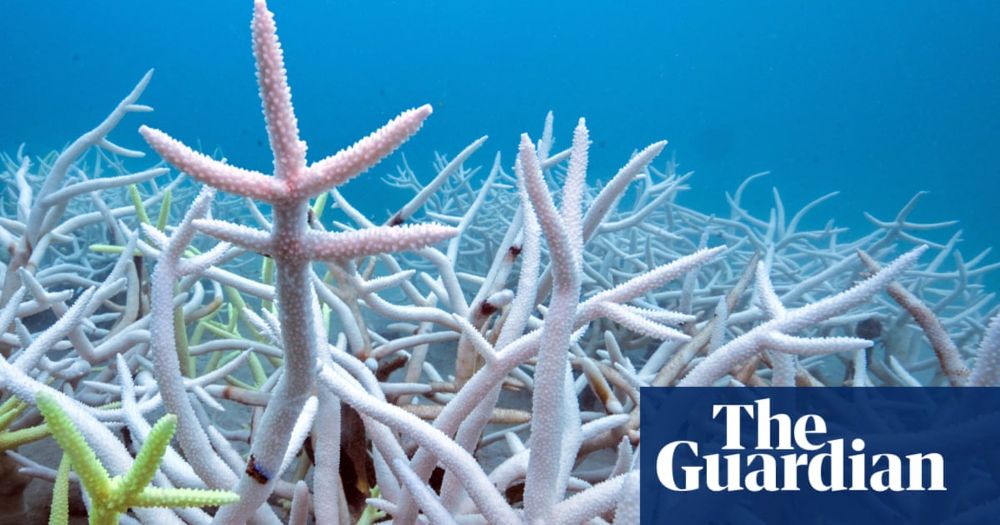
Read more from @readfearn.bsky.social in @theguardian.com:
www.theguardian.com/environment/... 🌍🧪
Reposted by Lorenzo Álvarez‐Filip
